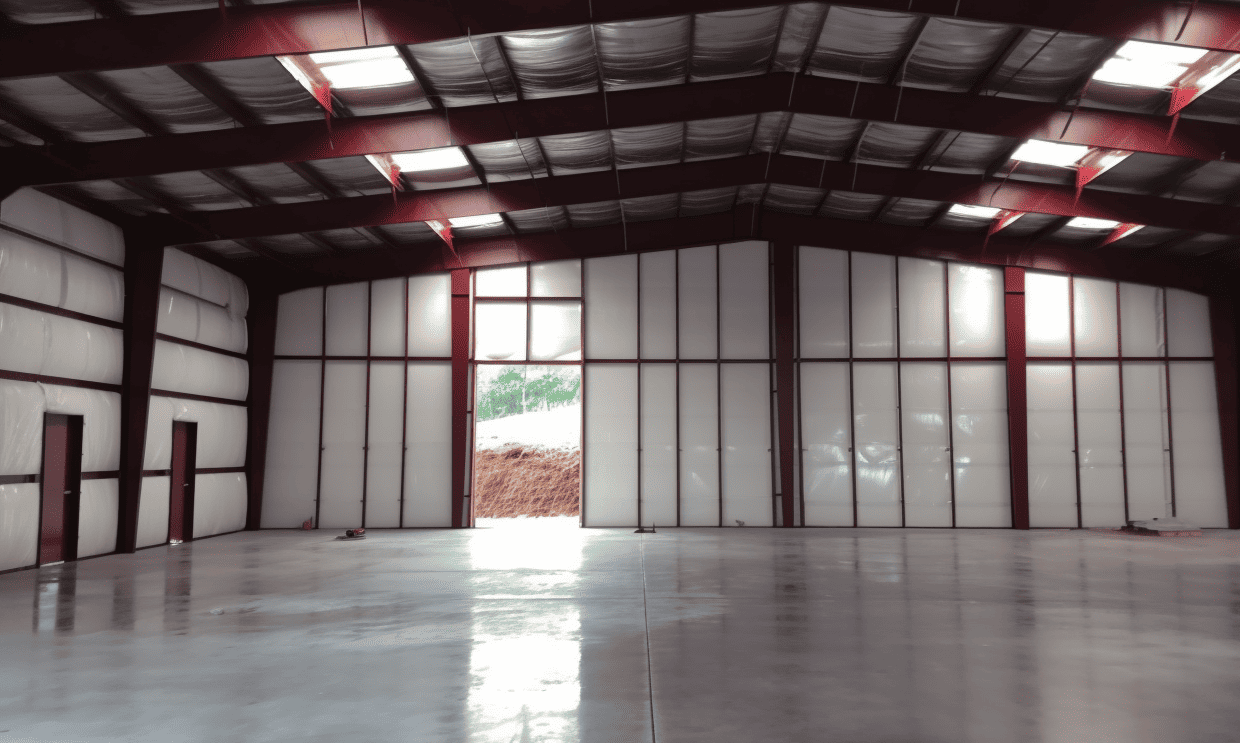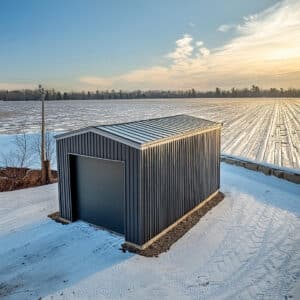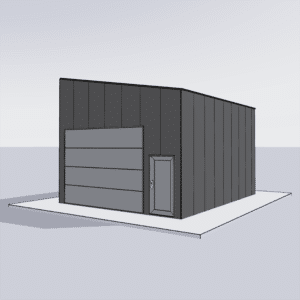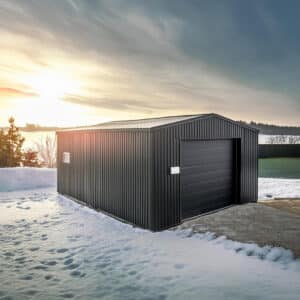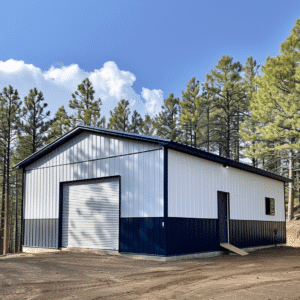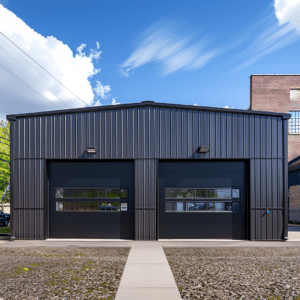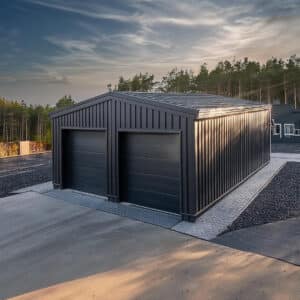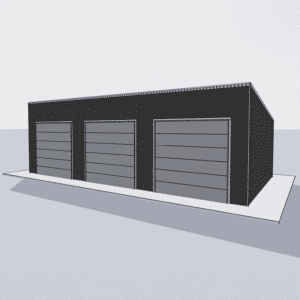In the realm of construction, every towering skyscraper or cozy home starts its journey beneath the surface with a solid foundation. Just like every masterpiece necessitates a sturdy canvas, every building needs a trustworthy support system. If you’re embarking on a construction project, understanding the types of foundations in construction is pivotal to ensure your structure stands the test of time. But what are these foundation types, and how do you decide which is the best for your needs?
Why Foundations Matter in Construction
Before diving deep into the ocean of foundation types, it’s essential to grasp why they matter so much. A foundation transfers the load of a structure to the ground, ensuring stability and preventing settlement that might lead to structural failures. Imagine building a castle on a sandy beach—without a firm base, your project is doomed to crumble. Foundations act like the roots of a tree, providing necessary support and anchorage to buildings.
Key Considerations for Selecting Foundation Types
Choosing the right foundation type for your construction endeavor involves several crucial factors:
– **Soil Conditions**: Different soil types require distinct foundation approaches. Sandy, clayey, or rocky soils will dictate your foundational choices.
– **Load Requirements**: The weight and intended use of the building will influence the type of foundation. Heavier structures naturally demand more robust solutions.
– **Climate and Environmental Factors**: Areas prone to floods, earthquakes, or frost heaves need specially adapted foundations.
– **Budget Constraints**: Some foundations are more budget-friendly than others, so a balance between cost and functionality is necessary.
Let’s delve into the most common types of foundations in construction, their uses, and benefits.
Exploring Types of Foundations in Construction
1. Shallow Foundations
These are commonly employed for lighter structures or in conditions where the soil close to the surface has adequate bearing capacity. Here are some popular shallow foundation types:
– **Spread Footings**: These are the simplest form of shallow foundations, distributing the building’s load over a wide area. Think of them as snowshoes preventing you from sinking into deep snow.
– **Slab-on-Grade Foundations**: Ideal for areas with minimal frost and water movement, this approach involves pouring a single layer of concrete over the ground, providing an efficient and quick installation. It’s like laying a protective blanket over your land.
– **Mat or Raft Foundations**: When you need to support heavy weights over weaker soil, a mat foundation, which distributes loads evenly across a large area, proves beneficial.
2. Deep Foundations
In scenarios where the surface soil isn’t strong enough, builders turn to deep foundations that transfer building loads to deeper, more stable layers. Here’s what the deep foundation toolbox offers:
– **Pile Foundations**: These long, slender columns are driven deep into the ground, bypassing weak or unstable upper soil layers. Think of them as the stilts supporting a beach house above shifting sands.
– **Drilled Shafts or Caissons**: These are sizeable cylindrical foundation elements drilled into the ground, offering high load capacities. They’re like the anchors of a ship, ensuring stability against stormy waves.
– **Basement Foundations**: Often doubling as usable living or storage spaces, basements can serve as effective deep foundations while maximizing your vertical utility.
Image: Modern Use of Foundation in Steel Structures
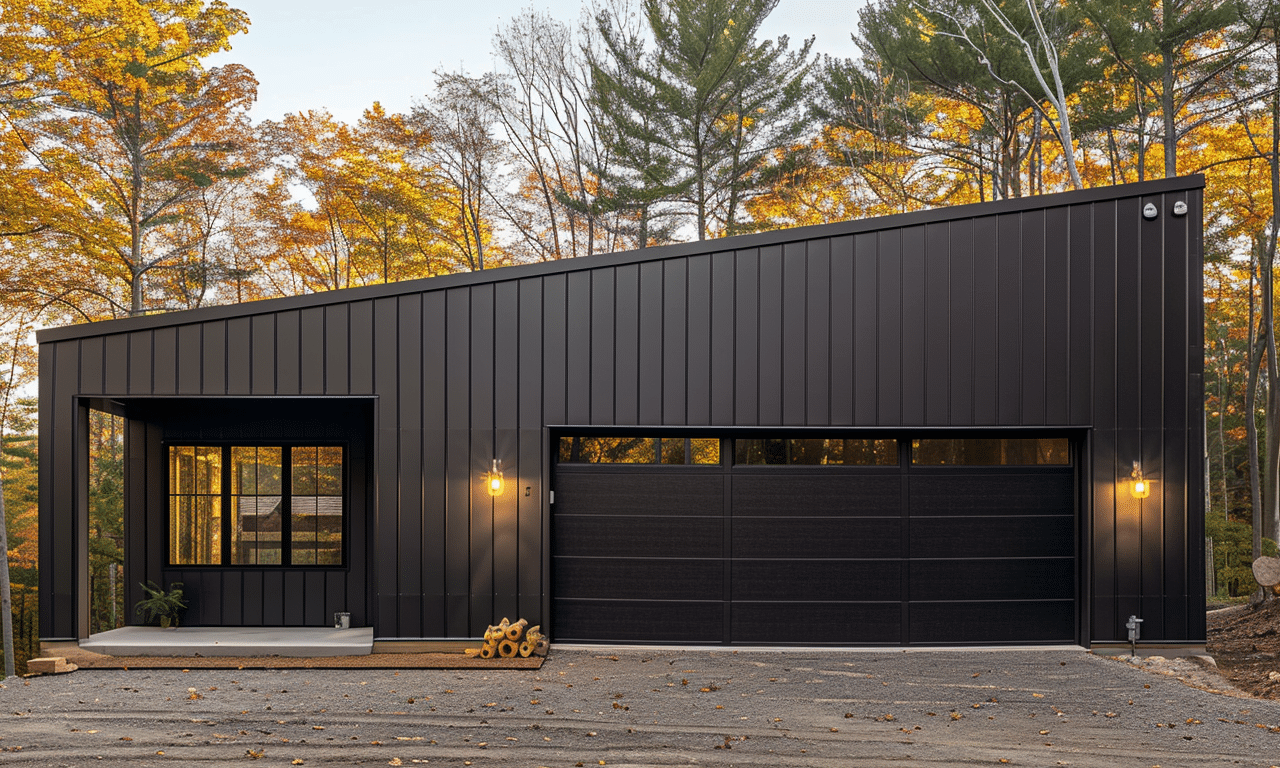
Consider the sleek modern steel buildings, where the right combination of foundation type assures enduring beauty and structural integrity.
Considering Foundations for Steel Structures
In the world of steel structure kits Ontario, foundations play an instrumental role, especially where rapid construction and durability are priorities. Steel buildings, often touted for their resilience, require meticulous foundation planning. The coupling of steel structures with well-chosen foundations can result in efficient, sustainable, and cost-effective building solutions.
Foundation Types and Effective Project Scheduling
Selecting the right foundation goes hand in hand with effective project scheduling. Mapping out your construction timeline while considering the foundation type is essential for seamless progression in your building journey.
Leaning into Expertise and Professional Guidance
When in doubt, turn to the experts. Consultations with structural engineers or professional builders can provide insight tailored to your site conditions and structural goals. An in-depth look at types of building foundations can open the door to potential solutions and innovations you might not have considered.
Image: Impact of Foundations in Toronto’s Urban Jungle
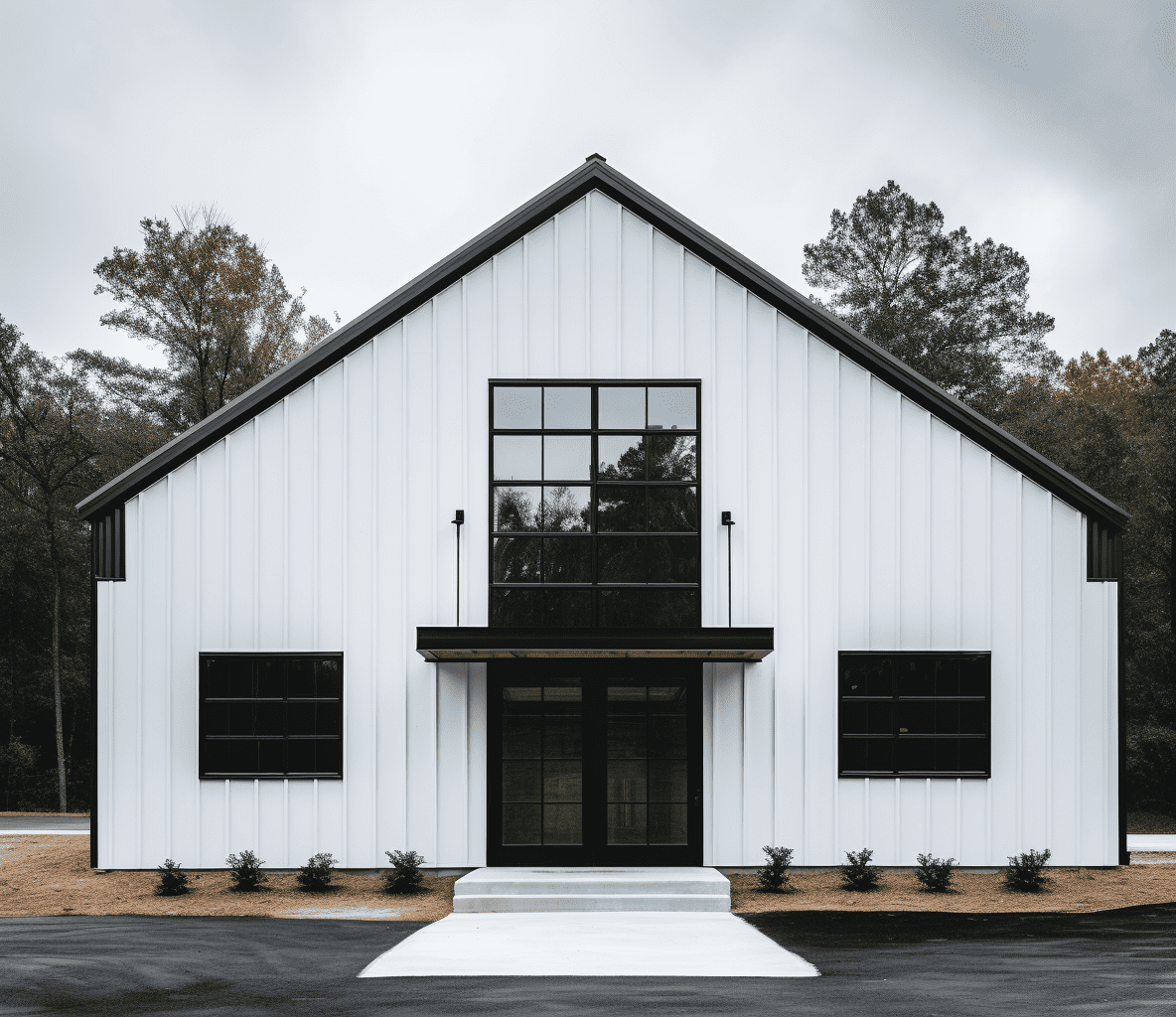
Picture a bustling cityscape like Toronto’s—each urban edifice leans heavily on foundational strength to touch the skies and withstand environmental challenges.
The Crucial Role of Technology and Innovations
Advancements in construction technology are providing new solutions, optimizing foundation techniques that were once considered state-of-the-art. Smart materials, improved soil testing methods, and innovative design software allow for unprecedented precision in foundation construction.
Lessons from This Old House
Drawing insights from platforms like This Old House can offer practical wisdom rooted in decades of building experience. Sometimes, the best way to grasp future advancements is by studying time-tested practices.
Balancing Cost, Efficiency, and Sustainability
While budget constraints are a reality in most projects, overlooking the importance of a formidable foundation can lead to costly repairs and retrofits down the line. Investing in quality foundations ensures safety, longevity, and peace of mind. Furthermore, environmentally-friendly foundation options are on the rise, enhancing sustainability while ensuring superior performance.
Capping it Off: Steel Garage Kits and Beyond
For personalized building projects, from modern homes to functional garages, understanding foundation types enhances the efficacy of steel garage kits and beyond.
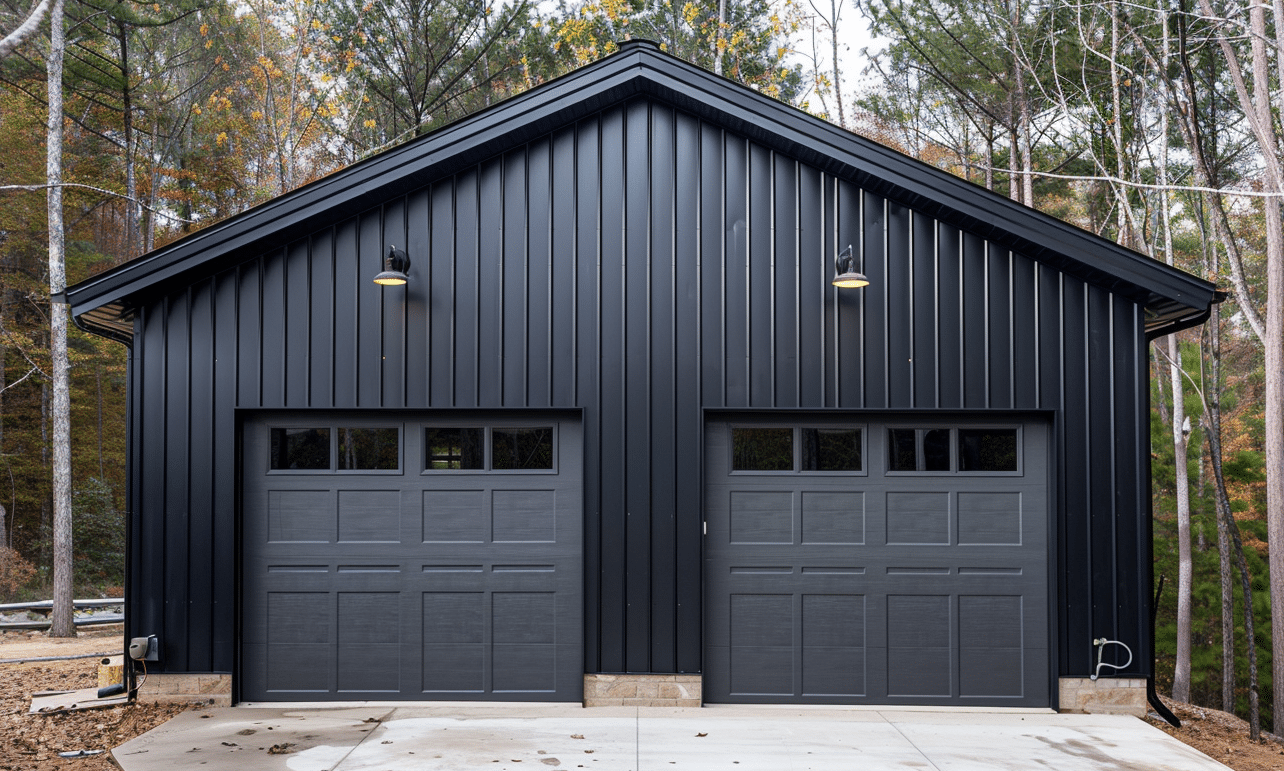
Whether free-standing structures or additions to existing buildings, the right foundation amalgamates function with form.
Conclusion: Building a Strong Future
Selecting the appropriate types of foundations in construction serves as the backbone of any successful project. Whether dealing with a simple shed, a spacious home, or a ravishing skyscraper, understand that foundational decisions shape the future of your edifice. As you progress on your construction journey, seeking knowledge, expert advice, and innovative solutions will ensure your building isn’t just a standing structure but a steadfast sanctuary.
Remember, your foundation isn’t just a start; it’s the entire support system your building stands upon. Embrace it with confidence, armed with the foundational insights we’ve unpacked today.


